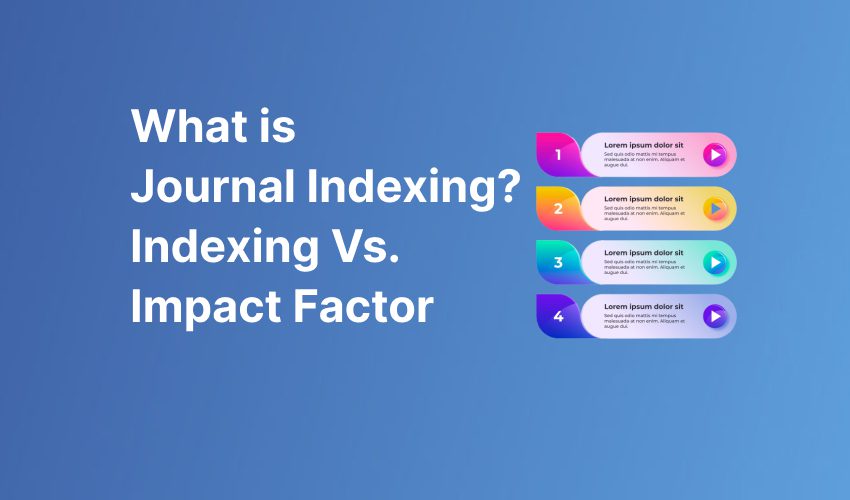It would be better to start with the basic analogy to explain the importance of journal indexing.
“There are so many car manufacturers that exist in this world and they all say that their products are better in material quality and safety. So, Customers have no clue about the reality. In this situation, independent agencies like NCAP, SAE, ARAI, etc. come into the picture to analyze each manufacturer’s products against their claim and release a report for the general population, which indeed helps the potential buyer to decide whether he/she should choose this car or not?”
The same thing is also applicable to online journals. As you know there are so many online journals out there and they all claim that they are best in their corresponding fields.
Now when it comes to selecting a journal to publish his/her research articles, the researcher may go into a dilemma. Researchers might get confused about choosing an appropriate publisher’s online journal for their invaluable research work. At this stage, the journal indexing comes to play the role of an independent referee to see if the claim made by the journal’s publisher is right or wrong.
So, What is journal indexing? (Let’s hit the bull’s eye)
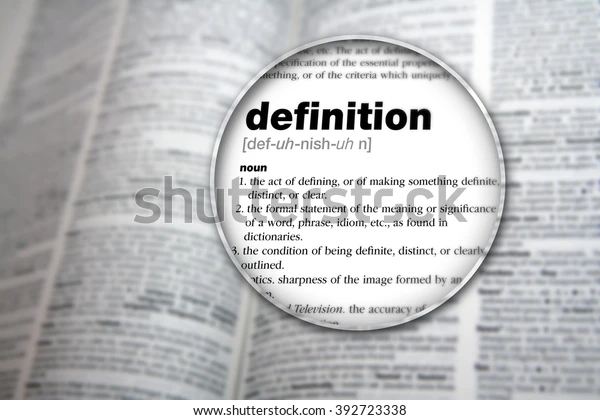
Journal indexing is the conceptual measurement instrument, which measures the degree of goodness of an online journal. Basically, it sets certain standards and quality parameters for a journal to pass. The journal which surpasses the decided thresholds for qualifying can be called an “indexed journal(s)”. A journal index is also termed a ‘bibliographic database’ or ‘bibliographic index’
It is a well-organized list of journals, which is made based on a few considerations such as discipline, subject, region, and many more. Eventually, it can be used by the general public or research scholars to find concerning information on certain areas.
Index journals don’t only help to search the content but also attract many research scholars around the globe to publish their work in indexed online journals, as it makes the researcher’s research work impactful and visible.
What criteria are important for any journal to get indexed?

Online journals or online open-access journals are gone under a rigorous homologation process to make sure that they fulfill certain criteria. All indexing agencies have their own set of judging parameters, but few are very basic for all. They are given below
- Ethics and peer review policies
- Assessment criteria for submitted articles
- Editorial board transparency
- An International Standard Serial Number (ISSN)
- An established publishing schedule.
- Digital Object Identifiers (DOIs).
- Copyright requirements.
How to index your open-access journal? What are the types of indexing agencies?

There are basically 2 types of indexing agencies:
(1) Public Indexing like Google Scholar
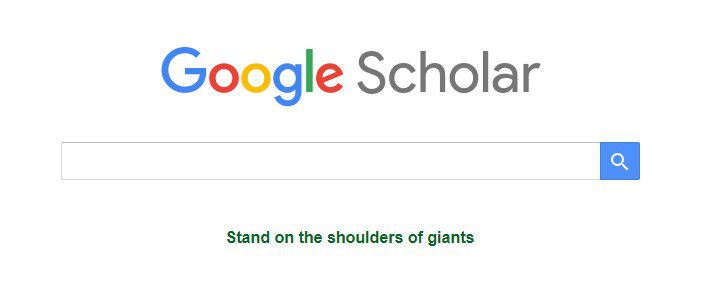
It is a popular scholarly indexing engine that crawls the web looking for scholarly publications: articles, books, reports, theses, conference proceedings, and preprints, among others. Google scholar identifies scholarly content, determines each item’s bibliographic metadata, and groups different online versions of an item together with this metadata in search results.
There is no need to register your journal with Google Scholar. Google Scholar will eventually find and automatically crawl the site. If you notice that your journal is not appearing in Google Scholar, there may be some issues that need to be addressed. You can find more details about it on Google scholar’s official website.
(2) Private Indexing Like Scopus, PubMed, EBSCO, etc.
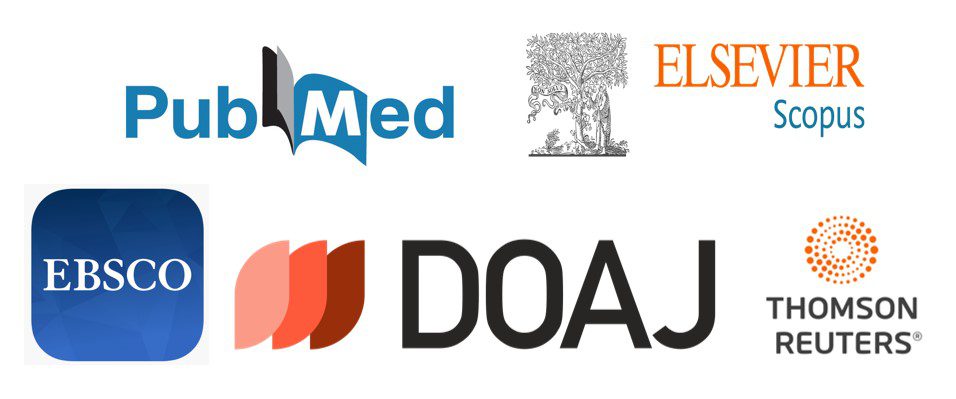
For your journal to enter a reputed journal indexing agency, you need to apply for the relevant firm. Upon receiving the request for indexing, the indexation team (often referred to as auditors) will pass your journal through the earlier discussed parameters. Auditors will crosscheck information such as;
- A full listing of the editorial board on the website
- The inclusion of ethics statements in published articles
- Established appeal and retraction processes
Indexed journal vs non-indexed journal? What is the importance of journal indexing?
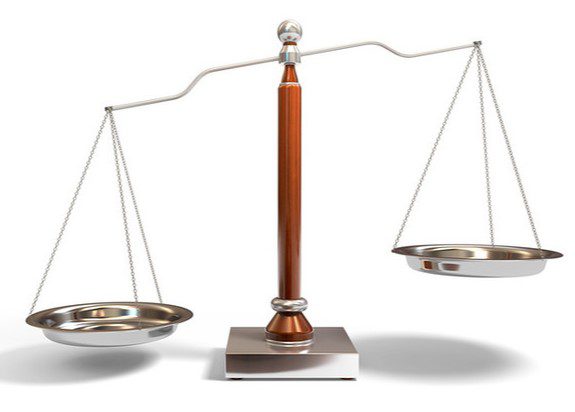
As a researcher, you always want your research work to shout for itself as much as possible. At the same time, you also want it to be credible for other researchers along with normal knowledge seekers, online as well as offline. So, as discussed at the beginning of this blog, it is good for any journal that someone else (indexing agencies) speaks for its quality. Such a mechanism makes them credible. Eventually, researchers’ published articles in an indexed journal get much better attention than in a non-indexed journal. Ultimately, for any researcher, the main objective is, to have more citations.
Organizations and research institutes are always insisting their staff/students publish corresponding research work in reputed journals which are indexed. Hence, the index of the journal becomes an important milestone for graduation/promotion/grant funding.
Why Journal Indexing is important for Open Access Journal?
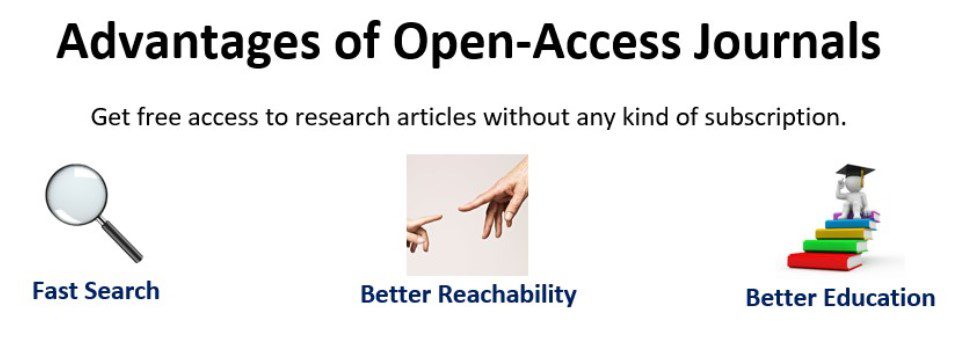
In the world of research, publication trends are now shifting towards open-access journals, which means these journals are not required to be subscribed to on a monthly/yearly basis. Instead, anyone can access them online. Observing the widely accepted trend in the research publication field such open-access journals keep on erupting on day to day basis.
Reasons for the popularity of open-access journals:
- High visibility. Anyone can access and read your paper.
- Publication speed. It is generally quicker to post an article online than to publish it in a traditional journal format.
Open access platform is good for the easy access point of view but at the same time, they also open the gates for so many unethical practitioners and bad guys, whose primary intention to establish the journal is to “earn money”. The such journal publishes the researchers’ articles without any kind of peer review process. Moreover, they do not check for plagiarism and committee copyright violations.
For new researchers, journal indexing plays a vital role because it is very tough to identify which is good and which one is bad. They just put their hard-earned money into publishing, and in the end, they get a very poor result. Journal indexing is necessary in pulling out the best quality open-access journals from a pile of available journals in the ocean of the world wide web.
How to identify whether the open-access journal is indexed or not?
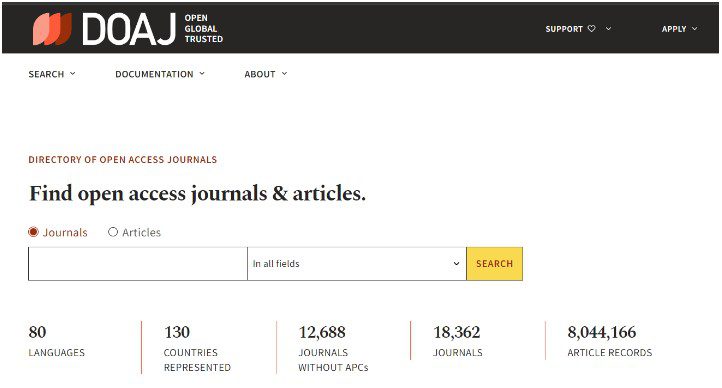
If an online open-access journal is indexed by any reputed agencies, they must include logos of such agencies on their websites. However, in many cases, it has been observed that low-quality journals are putting the logos of indexing agencies on their websites without any kind of authorization to show the affiliation. Journal indexing is always termed as a thing to showcase not to hide so journal indexing is very easy to find if it is available.
In this situation, it would be always advisable to check the journal indexing status on the corresponding “Indexing Agencies official website” by inserting the journal’s name or ISSN number. You can find journal indexing using this way also.
What is the difference between journal indexing and impact factors of journals? Index of vs Impact Factor
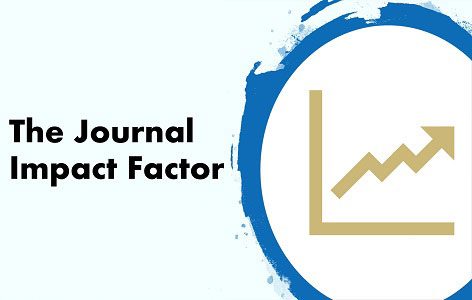
By the shallow observation, you might reach the conclusion that both the things are same as they both recite something about the quality of the journal. However, technically both terms are not the same. It is very obvious that indexed journals in reputed international databases will have always a better and higher value of impact factor than the non-indexed.
It is very important to know that many reputed journals do not have an impact factor even though they are indexed. By this deep observation, we can say that the impact factor is not the compulsory parameter to judge the quality of any journal. We can say that the impact factor is not the only sufficient parameter to judge the quality of a journal. It makes sense when it is coupled with indexing.
To get your journal indexed, please click below.
Get Your Journal Indexed >>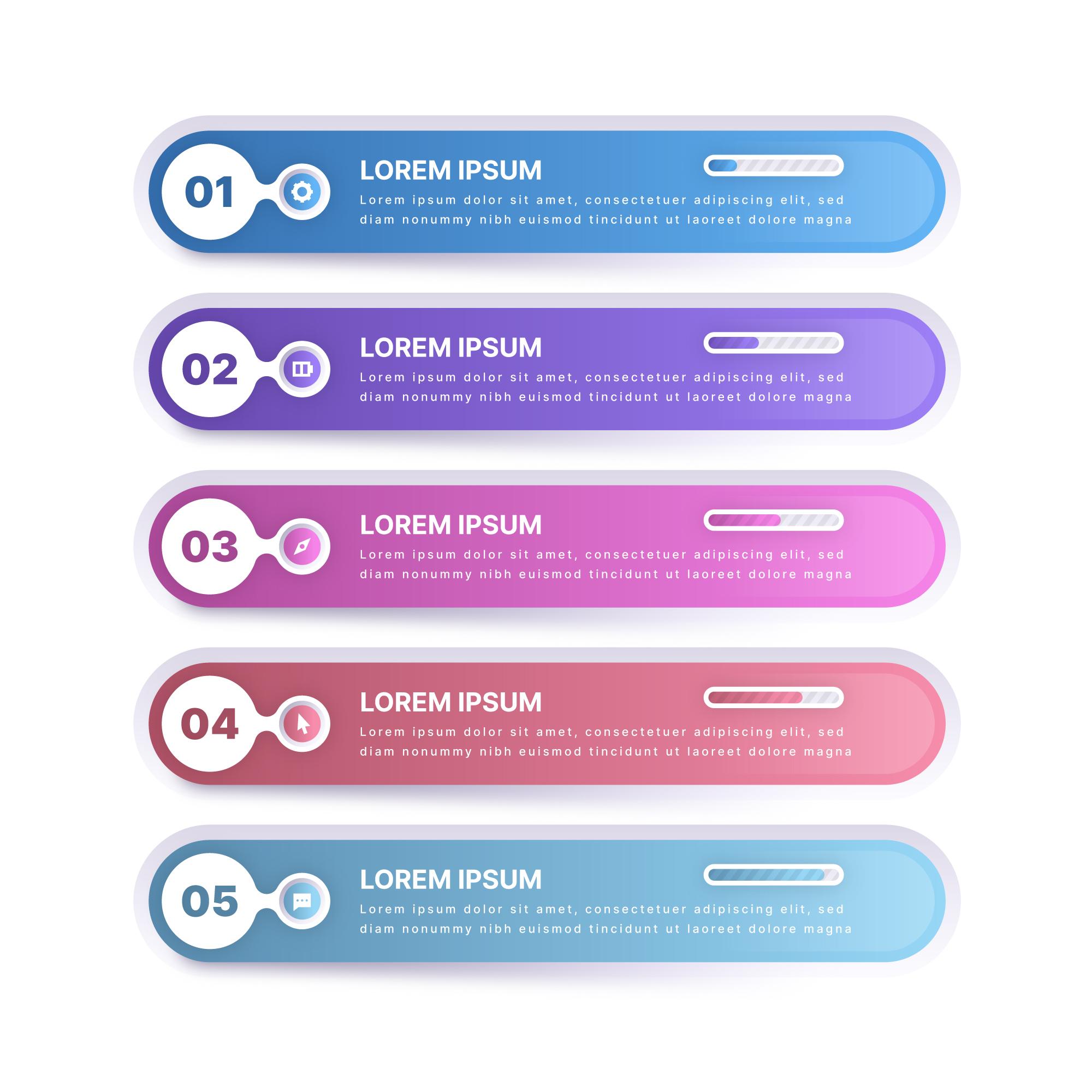
Conclusion
To conclude I would say, that journal indexing plays a very important role in assessing the quality of the journal. In the era of online open-access journals, where researchers have so many options to publish. In such a situation, indexing can avoid confusion about where to publish his/her research article.
for the publishers/promoters of the journal, it is always good to be indexed with reputed and worldwide accepted journal indexing agencies like DOAJ, SCOPUS, WOS, etc. on the other hand, for researchers it is always advisable to publish in indexed journals rather than non-indexed because former will make the research work more valuable and visible.
